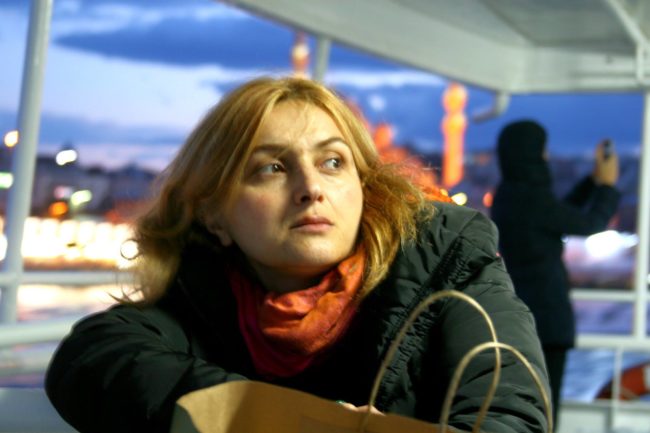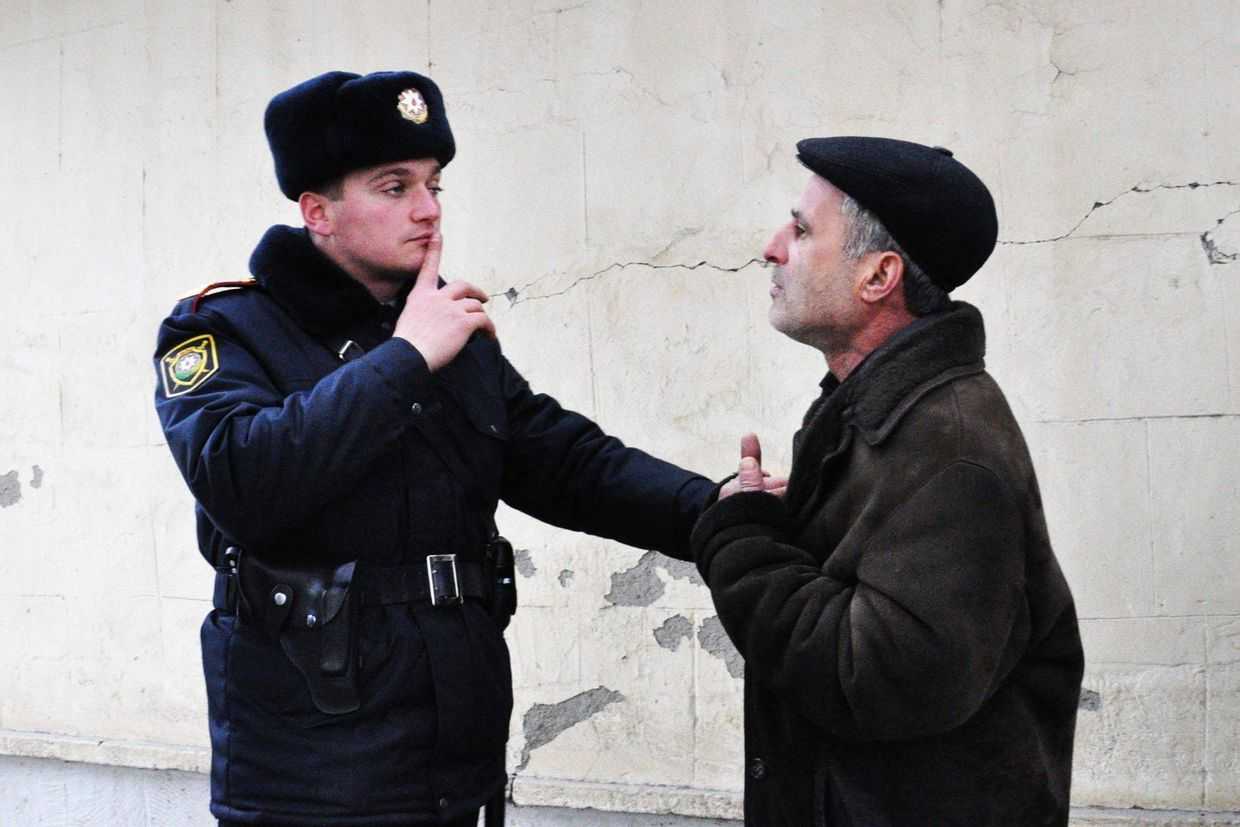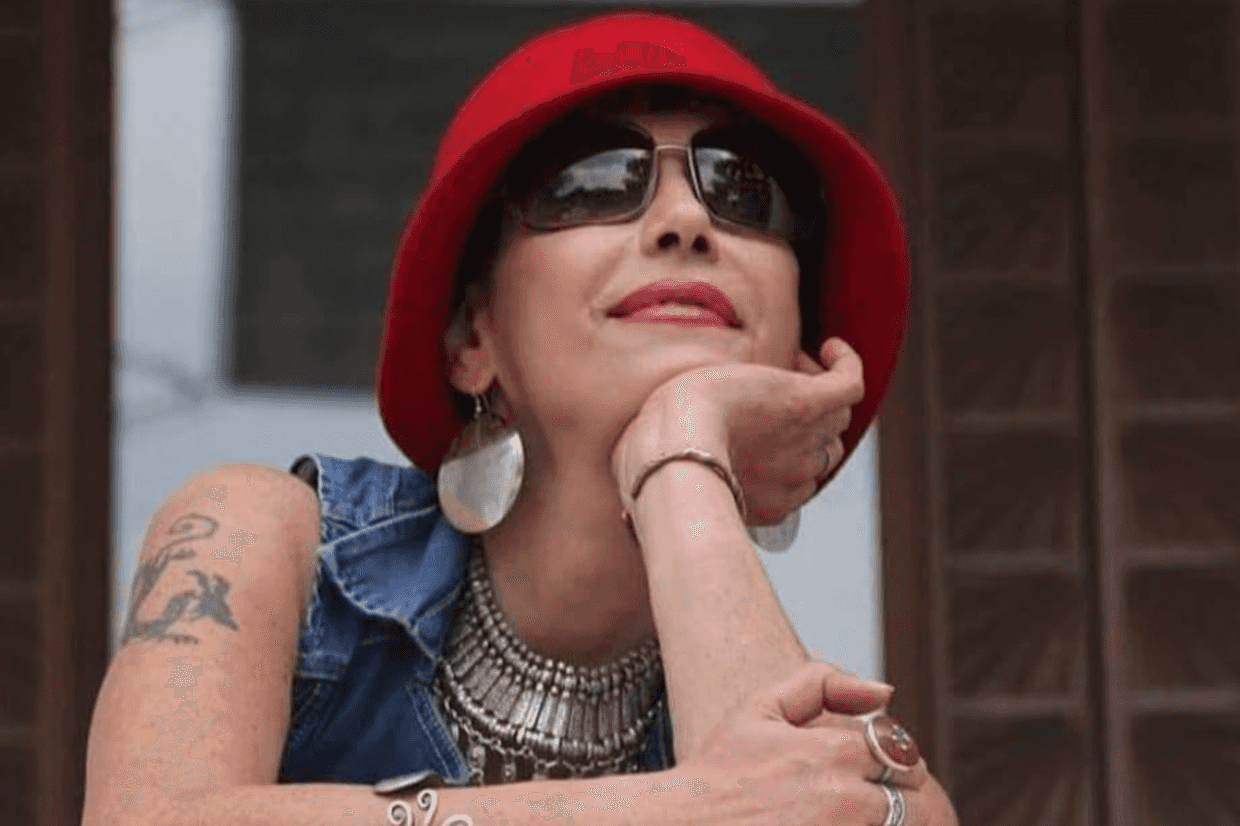

 A journalist and activist in South Ossetia, Tamara Mearakishvili, has been accused by the authorities there of forgery. Mearakishvili says she has been under ‘unofficial house arrest’ since August.
A journalist and activist in South Ossetia, Tamara Mearakishvili, has been accused by the authorities there of forgery. Mearakishvili says she has been under ‘unofficial house arrest’ since August.
Mearakishvili, who lives in the town of Akhalgori (Leningor), says she was called to the Prosecutor’s Office in Akhalgori on 21 March and notified of the charges.
After the visit, she said that Akhalgori’s Prosecutor’s Office had launched a criminal investigation into her for ‘forging official documents, awards, and stamps’, but was not told on what basis the case was opened.
Mearakishvili says that because of this, she had refused to be questioned, and will be questioned after receiving an official notice of why the investigation was launched this week.
‘There is no crime in nature that I can be accused of and I will not try to prove my innocence’, Mearakishvili wrote, adding that the local authorities are trying to pressure her into leaving Akhalgori.
‘I could have lived quietly — I’d have an office and would be privileged’, Mearakishvili wrote, and added that she ‘chose this way [resistance], and the authorities are trying to change’ this.
Mearakishvili, a veteran journalist who has been recognised for her work in peace reporting by the European Union Monitoring Mission, has been interrogated several times in South Ossetia.
Last June, she was allegedly abducted by South Ossetia’s security service — the KGB. According to Netgazeti, for whom Mearakishvili contributes, she frequently participates in conferences about conflict and peacebuilding initiatives in Tbilisi and elsewhere.
Mearakishvili was questioned last August after a senior party member filed a complaint against her for ‘violating the dignity and honour’ of the ruling United Ossetia party. Investigators reportedly urged her to stop cooperating with Ekho Kavkaza, RFE/RL’s Russian language service covering Abkhazia and South Ossetia. South Ossetian president Anatoly Bibilov heads the United Ossetia party.
Another journalist in South Ossetia, Irina Kelekhsayeva, said last month that she was facing pressure from the authorities for an article she wrote about an alleged disagreement between the South Ossetian leader and an influential Russian investor.
[Read on OC Media: South Ossetian journalist ‘under pressure’ from authorities]
In the latest edition of American rights group Freedom House’s Freedom in the World report, South Ossetia was ranked as one of the least free places in Europe, along with Crimea and Azerbaijan.
For ease of reading, we choose not to use qualifiers such as ‘de facto’, ‘unrecognised’, or ‘partially recognised’ when discussing institutions or political positions within Abkhazia, Nagorno-Karabakh, and South Ossetia. This does not imply a position on their status.









